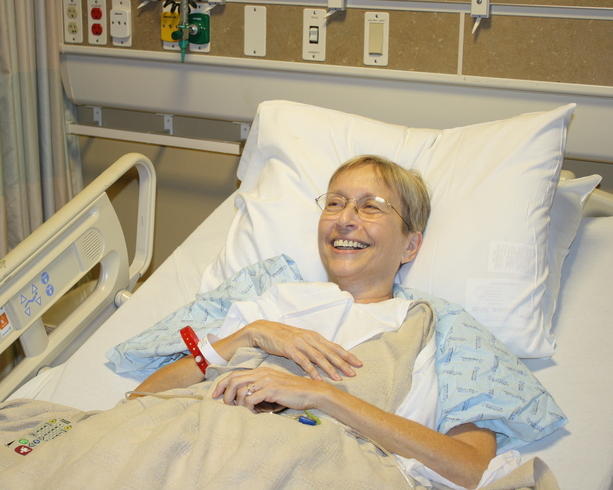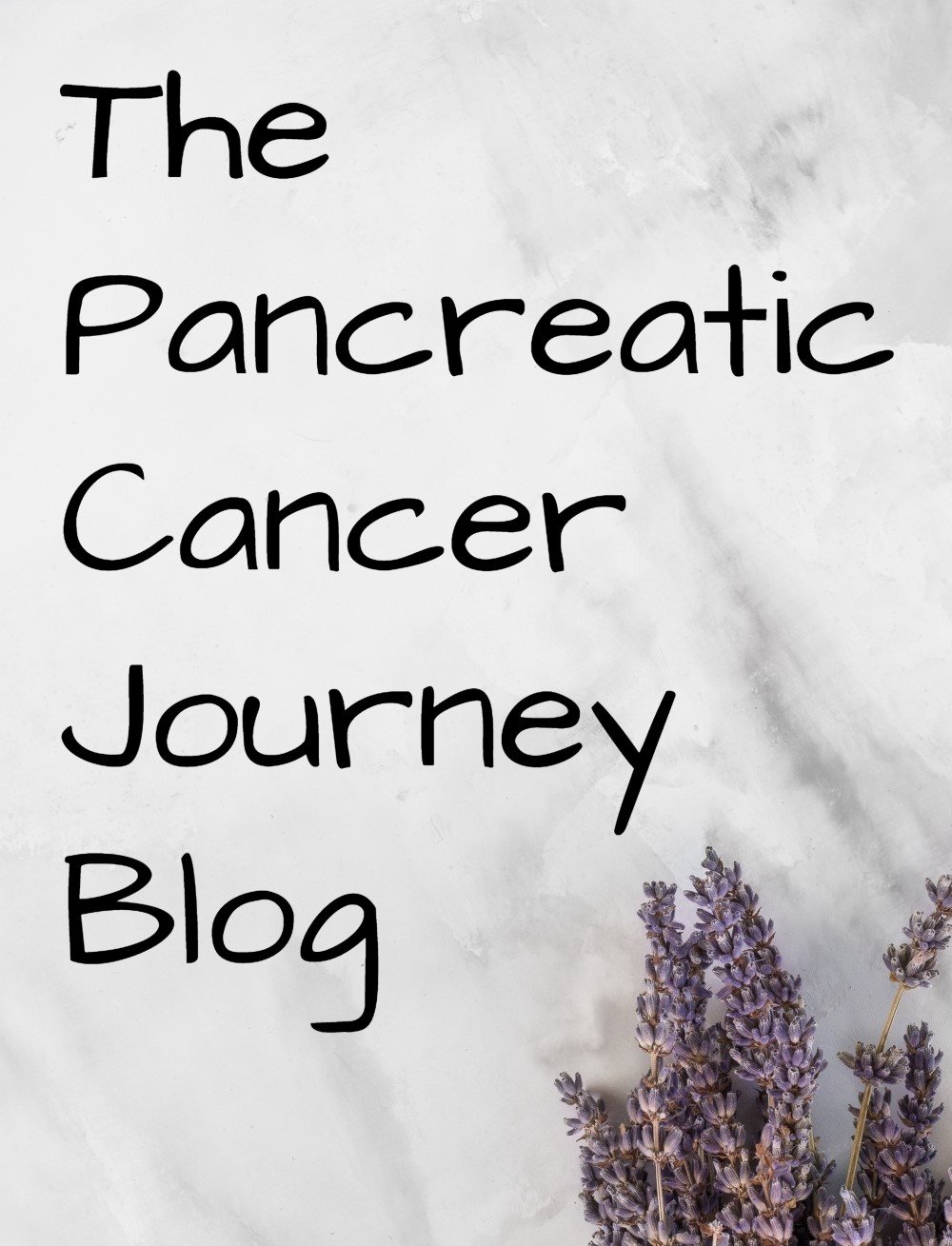Hospital Etiquette Do's and Don'ts
There is an unspoken code of etiquette in a hospital. For the patient, for the visitors and for family. Who knew?!

We do. Now! Took a while to figure it all out.
Here are Jane’s Do’s and Don’ts of Hospital Etiquette!
ForThe Patient
*Hospitals are for making you better. Not a 5-Star Hotel with Room Service.
*Nurses can be your friend or your enemy. Treat them with kindness and consideration and they will respond in kind. Bribes, I mean gifts, of chocolate, donuts and the like are always appreciated.
*Hospital Gowns are useless and revealing. Expect it. And Pack your own.
*Hospital Food can be yummy or yucky. You have the right to request something else. Nicely.
*Doctors don’t do appointments in the hospital. You will see them when it is convenient for them. If you are feeling worse, by all means have the nurse page them. But don’t expect miracles. If you are getting critical and don’t feel you can wait, tell the nurse. It is their job to keep you alive if at all possible and they will find a doctor! Just don’t “cry wolf” too often or you will be put on the back burner.
*Get off the phone when a doctor enters the room. That’s just polite.
*Medications don’t always work. You don’t have to wait until the doctor makes his rounds. Tell the nurse and ask if there is something else that will help. They can call the doctor and often get new orders.
*Find an advocate. Family, friend, co-worker. Make it someone you trust who is willing to run the gauntlet for you. And that means someone who will help you to the bathroom, hold the emesis bucket and your head, run interference with inconsiderate visitors, refill your water pitcher, demand attention from nurses, doctors and staff when you are too sick to do so, and who knows you well enough to know when to shut up. Rare individuals, but worth their weight in gold.
*If you are sent an overabundance of get-well flowers, plants or balloon bouquets, consider leaving one or two for the nursing staff to give to the children’s ward or to other less fortunate patients. Sharing the smiles. Always rewarding.
For The Visitor
*Keep it short. 15-20 minutes is perfect.
*Bring gifts. We will love you.
*Put cell phone on silent or vibrate.
*Don’t answer cell phone unless it’s an emergency.
*Don’t bring food. Unless it is a gift of chocolate that we can eat (or not eat) later.
*Don’t smoke.
*Don’t wear perfume.
*Don’t sit on the bed.
*Don’t bring small children. Unless they “belong” to the patient, then by all means bring them as often as allowed.
*Don’t jump on bed (refer to small children above).
*Don’t come to the hospital if you are sick yourself. And please, please, wash your hands before hugging or touching patient.
*Don’t expect patient to entertain you. They are at the hospital for a reason and it’s not for your viewing pleasure.
*Don’t touch, mess with or reset any medical equipment attached to patient. Goes without saying, but you’d be surprised how many people checked out mom’s iv pump, sat on her walker and fiddled with her oxygen tubing.
Wow – that’s a lot of Don’ts! Which leaves only the good stuff to Do… Like
*DO ask how the patient is doing.
*DO tell them how much you care.
*DO share some stories of life on the “outside,” if appropriate. Family anecdotes, co-worker gossip, or even your latest, most embarrassing moment. Anything, in short snippets, that relieves the tedium of hospital life.
*DO know that your visit is a bright spot in a patient’s day, but they don’t always feel well enough to express that.
For The Advocate
*Assume this honored position only if asked by patient. Do not assume they want you taking charge unless they actually ask you to do so!
*Do leave your personal life at the door. When at the hospital as an advocate you are there for the patient.
*Do plan on helping with every kind of menial task. From helping patient eat, to holding their head while vomiting, to taking notes when doctor visits, to running for the nurse when pages aren’t answered, etc., etc., etc.
*Do ask questions of nurses and doctors if patient seems too sick to ask. Always ask in the best interest of patient. Again, do not assume to make medical decisions for patient unless you are their healthcare proxy.
*Do make friends with the nursing staff immediately. By helping them with their patient they will see you as a blessing and not a hindrance.
*Do plan on spending the night if needed. Most hospitals have cots that can be made up into a temporary bed. Do plan on getting little sleep if patient needs help through-out night.
*Do eat at the cafeteria or outside restaurant. Ask for a to-go container and take back to the room if necessary. But do not expect the hospital to feed you. If you are lucky, some hospitals will bring a complimentary meal tray to the room for family, but that’s only if you’re really lucky!
*Do stay in the background when other visitors come to cheer the patient, but do be prepared to run them out (politely) if they overstay their welcome.
*Do take care of yourself. Take a break when needed. Fill your emotional tank. It’s demanding work being a patient advocate, but your gift to the patient goes beyond words. It is a sacrificial ministry that will bless the pancreatic cancer patient if done humbly and willingly.
Hospital etiquette is simply having good manners regardless of the situation. Nurses, doctors and hospital staff are there to help you get better, but they are just people too. They know you may be suffering, but as with most things in life, a sweet disposition and a kind word will take you much farther than all the ranting and railing in the world.
Take it from mom, a little hospital etiquette made a big difference in the quality of her hospital stay. And she has the added benefit of knowing she handled it all with grace and dignity.
Return to the Hospital Guide from Hospital Etiquette
Return to Home Page for the Pancreatic Cancer Journey
Copyright © PancreaticCancerJourney.com
Nothing on this website should be construed
to constitute medical advice.




